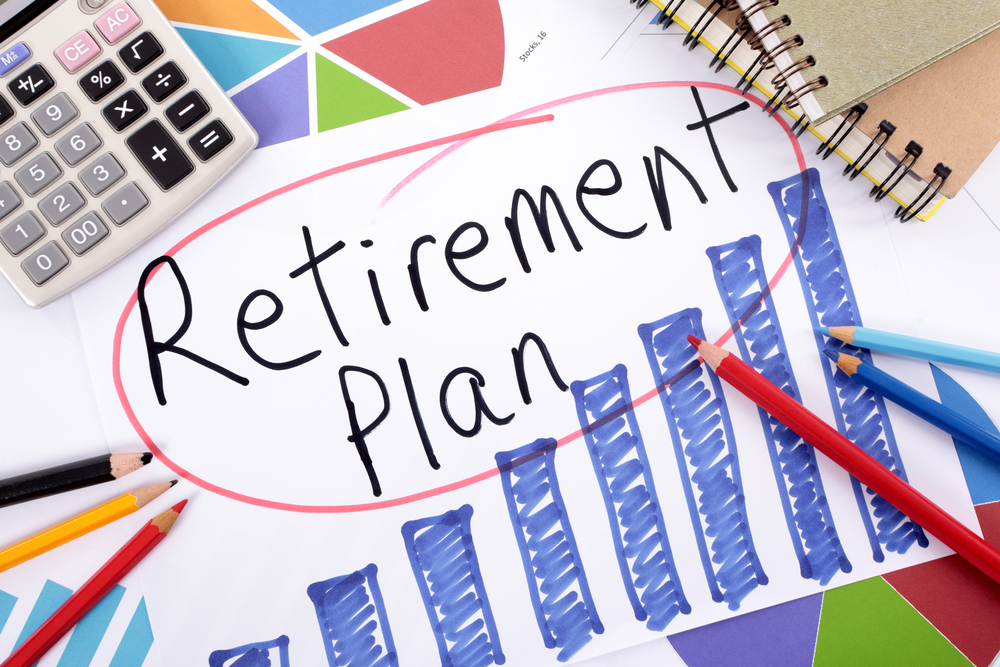Everyone wants to retire – but not everyone is going to take the same path to get there. Our careers have a lot to do with how we save for retirement, and not just because some of us make more money than others. Properly planning for retirement means taking into account things like years of schooling, 401k plans, and more.
School days
The sooner you start saving for retirement, the better – right? Well, yes, within reason. But many of us put off earning money – and therefore saving for retirement – to attend medical school or dental school, and that’s not foolish. Just because you spent a few years in law school doesn’t mean that you’re way behind in retirement savings.
Or, rather, it does mean that, but your high income as a trained professional should help you catch up fast. So make sure that you make your retirement a priority! Highly trained doctors and lawyers who have waited a long time to make money may be tempted to spend big when they finally get out into the working world. But it’s vital to put away a bit of each paycheck for retirement.
And if you’re not planning to spend a ton of time in school, make sure that you save early and often. Studies show that you can create a huge nest egg before other folks even get out of school, and that’s good. But you may not be able to match their income later on, so don’t assume that you’re in good shape just because your med school friends don’t have retirement savings, either. Save from the start, and you’ll be able to use compounding interest to grow a large nest egg even on a modest salary.
How your career affects where you save
Whether or not you work for a large corporation will affect how you save for retirement. If you’re at a big company, your benefits plan will include a 401k – and, if you’re lucky, even a matching program. Use it! Max out that match – it’s free money, after all – and invest in your 401k, which allows you to put pre-tax money away for retirement.
Freelancers and small business owners, on the other hand, won’t have anyone to give them a 401k – it’s a company-sponsored benefit. You may be able to give your business a 401k plan, but if you’re a small operation, you’ll be relying on an IRA – your private version of a 401k. Keep in mind that contribution limits are smaller for IRAs than for 401ks. When you’re out of space, put your money elsewhere. Keeping some in your bank or credit union account is smart, of course, but look for ways to invest, or at least use a savings account. Interest is how you’ll grow your wealth.
How soon do you have to retire?
Retirement is the goal, of course, so you’d probably like to retire as soon as possible. But it’s also worth thinking about when you might need to retire. Hard physical laborers may not be able to make up for shortages in retirement savings by working for longer. Even jobs that keep you on your feet for long periods of time – from retail to surgery – can be tough to do for long in your 70s. So keep that in mind, and make sure you’re saving a little extra if you might have trouble working later in life (or are at risk of having to take an early retirement). With good saving habits, you’ll be ready for anything.

